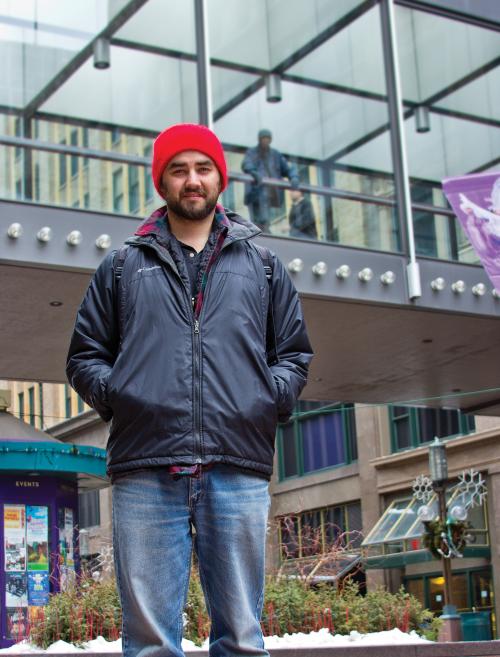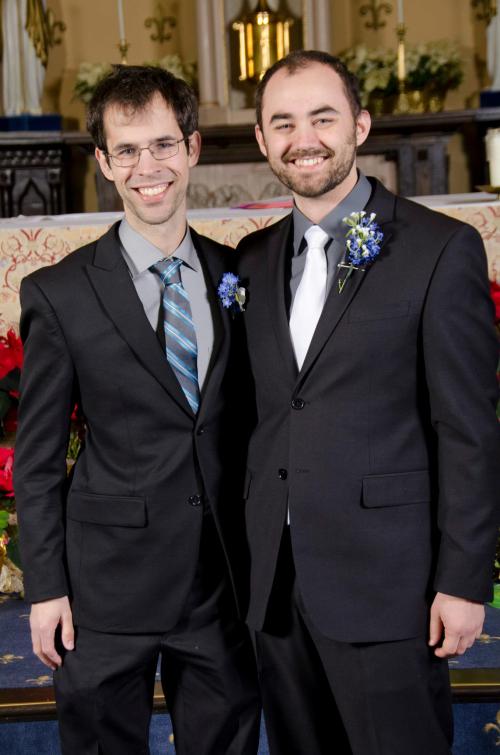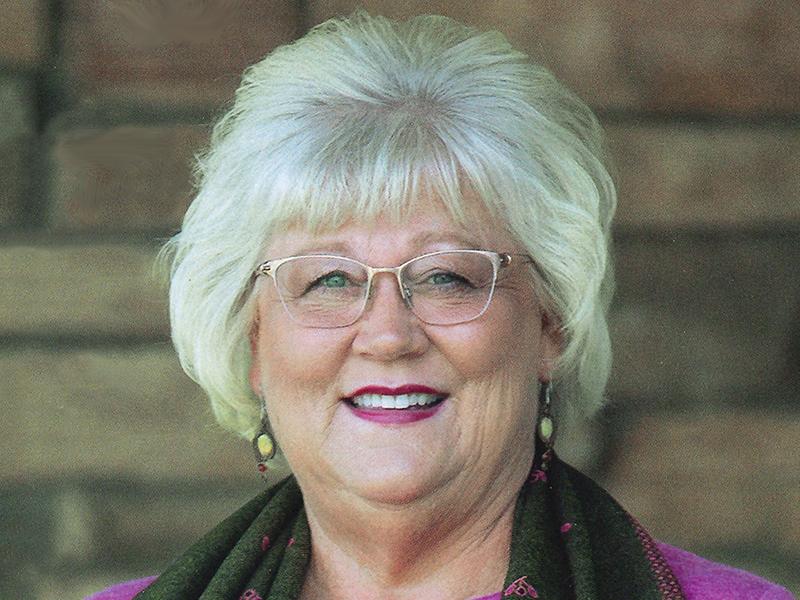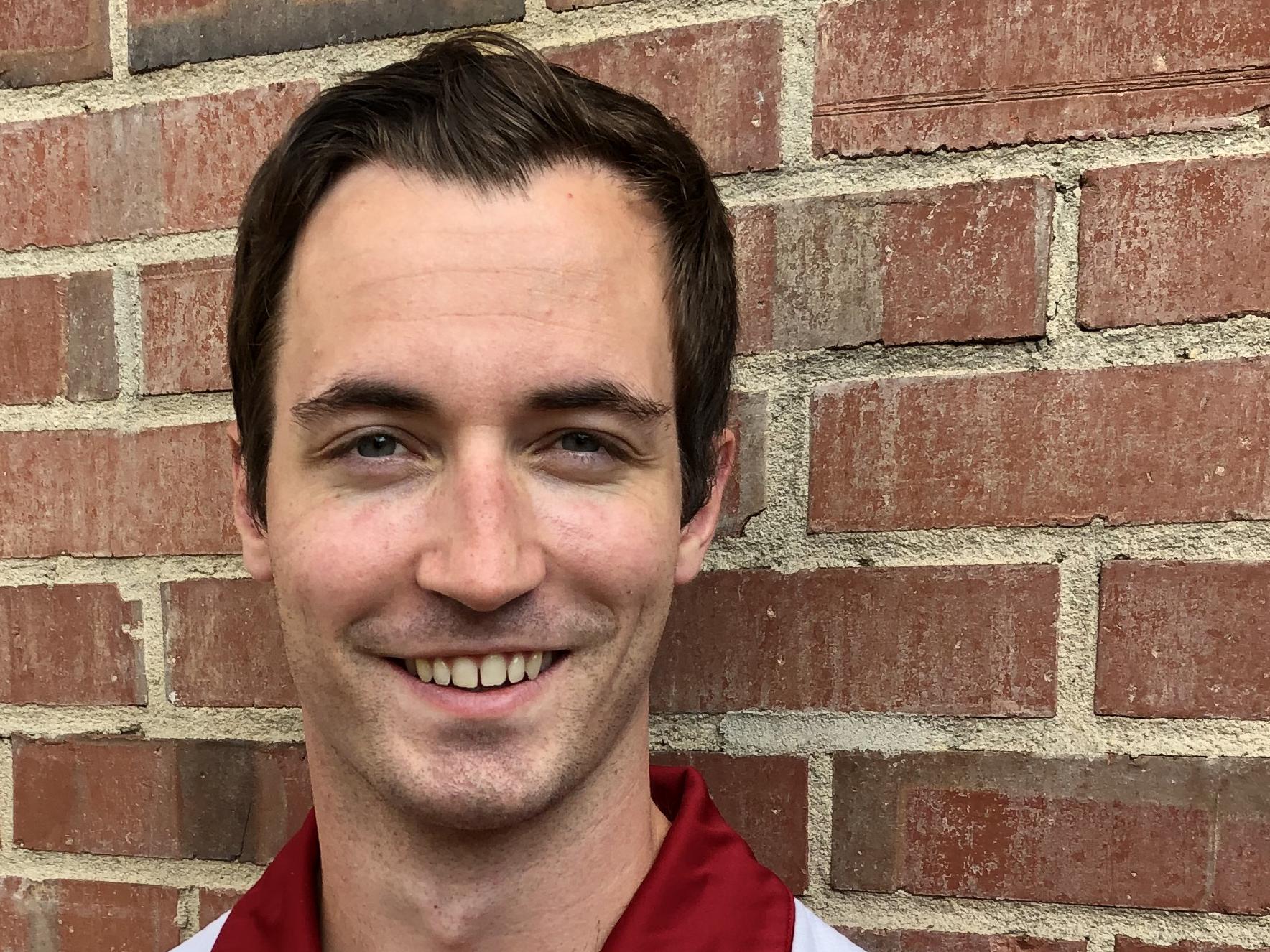When Zach Johnson ’11 was a teenager in Hudson, he thought he might want to become a priest. He also had an interest in theatre. When it came time to choose a college, “Viterbo seemed like a place that could accommodate both of those paths,” Johnson said.
He didn’t get far down one of those paths. “I was in the theatre program for half a day. Nothing against Viterbo’s program, but maybe two hours in, I said, ‘This is not for me,’” he said, noting that he did hit the stage one time as a senior in Shakespeare’s “Much Ado About Nothing.”
He didn’t become a priest, either, but in the years since graduating from Viterbo with a bachelor’s degree in English (and a servant leadership minor) he has been doing the Lord’s work, living out his faith by serving people on the margins of society.
Johnson was on this path of service before he graduated. After a stint studying in Rome as a junior, he came back needing a place to live and landed at Place of Grace, the Catholic Worker House near Viterbo that celebrated its 25th anniversary last year. Living there, practicing “radical hospitality,” he realized he could live out his faith without becoming a priest.
“I just loved being there,” Johnson said. “It felt like good natural work to do. It felt like it was real life in a way that most of college didn’t feel. I had been thinking of becoming a priest, but Place of Grace felt like I was doing that without going to seminary. It felt like I was part of a Catholic community that was practicing Catholicism in a way that I always felt was out there.”
After graduation, his experience at Place of Grace steered him toward working for a Minneapolis program, the Top 51 Project, that aimed to help longtime homeless shelter residents transition to a life with stable shelter. He had a caseload of 15 people targeted by the project, all of whom had been without a home for at least four years and one who had been homeless for 20 years.
“Sometimes just a little help can get people back on their feet,” he said. “The goal was to do what had to be done, meet whatever needs they had. Ultimately, it’s up to the person whether or not they want to accept help and take a different path.”
In recognition of the path of service he took, Johnson was recognized by the Viterbo University Alumni Association with an Outstanding Young Alumni Award in 2012, just a year after he graduated.
Most of his work since then has involved serving the homeless population, living out the core values emphasized at Viterbo. For five years he worked at the Salvation Army’s Harbor Lights shelter in Minneapolis, Minnesota’s largest facility serving the homeless.
Johnson also started Rye House, a Catholic Worker House like Place of Grace in which he was actively involved until 2021, including residency at the house.
A case of burnout started to set in after five years at Harbor Lights, and he pivoted to something new when he was hired as executive director of Call to Action, a leader in the Catholic Church reform movement formed in the 1970s.
“I was missing the explicitly Catholic part of my life, and I had always wanted to work for the Church,” Johnson said. “That’s what Call to Action was for me.”
Johnson found his work at Call to Action fulfilling, but he began to feel like something was missing from his life. “It was just too easy to forget about the poor at work,” said Johnson, whose wife, Molly, is a 2011 Viterbo theatre program graduate. “Mercy is the bread and butter of Catholicism as I like to practice it.”
These days, he’s back to serving the homeless population. Since early 2022, he has worked for Southside Harm Reduction in Minneapolis, which was an all-volunteer organization from its founding in 2017 until 2020.
A core part of the mission of Southside Harm Reduction, which he serves as program director, is helping unsheltered people struggling with drug addiction, with a “person-centered and realistic approach,” he explained, that starts with keeping them safe and as healthy as possible by providing, for example, clean needles, drug test kits, HIV and hepatitis testing, and Naloxone, a drug that can be administered to save someone on the verge of a fatal opioid overdose.
“The state of homelessness has changed a lot in the past five years especially, and one reason is the rise of the opioid epidemic, the fallout from that, and the lack of state support and responses,” Johnson said. “Giving people the material to keep themselves safe, you end up with much better success in these longer term supports that people need.”
It might seem counterintuitive to help people struggling with homelessness to continue practicing their drug use, but Johnson said it’s really part of a continuum of treatment that can help them get on a path where addiction doesn’t stand between them and having shelter. In the process of providing what they need to stay safe and alive, the hope is to establish the level of trust where people can ask for other forms of help that can move them toward breaking free of addiction.
“If you start with a harm reduction approach,” Johnson said, “you have a much better chance of success.”





